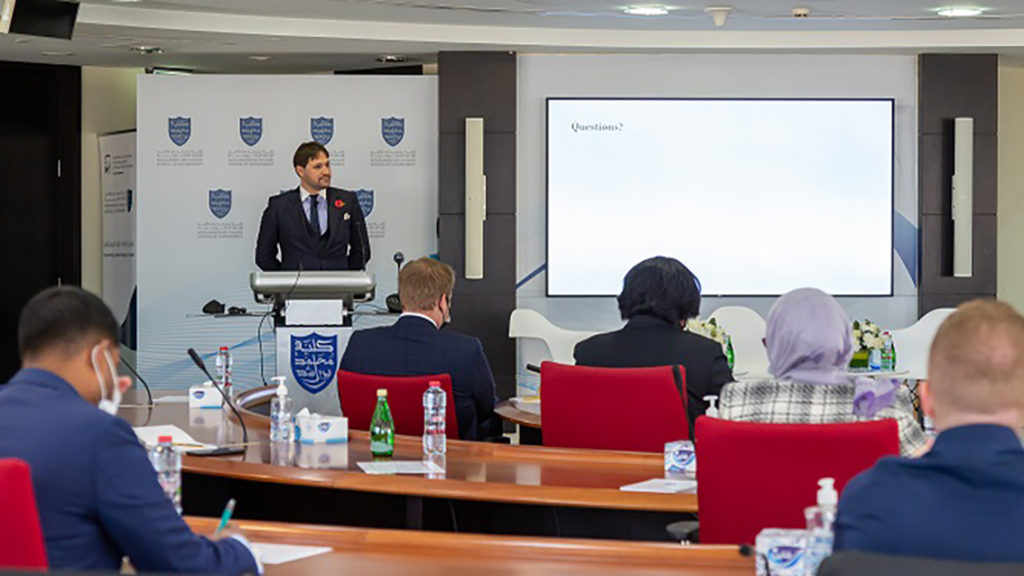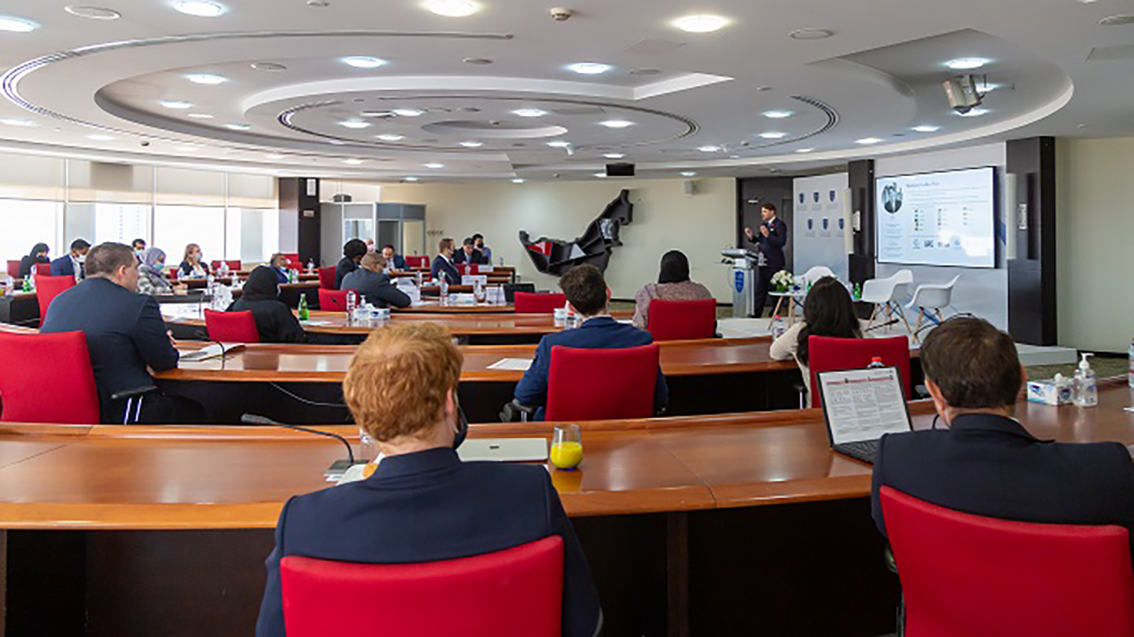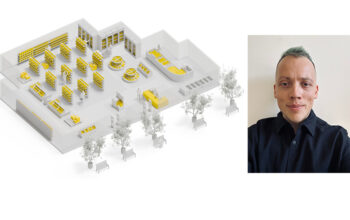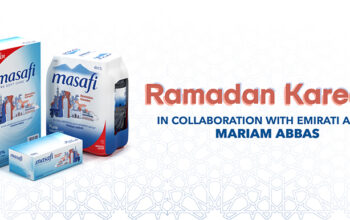Dubai, Business news: The Mohammed Bin Rashid School of Government (MBRSG) hosted a three-part public administration and public policy lecture titled ‘Outcomes-Based Policymaking for International Development’ on November 10, 2021, bringing together policymakers, researchers, and various other stakeholders.
The event featured three renowned international speakers who took turns delivering their portion of a three-part lecture: Matthew Goldie-Scot, policy specialist, government advisor, researcher, and consultant; Charles Schulze, expert in monitoring and evaluation for international development, humanitarian aid, and government clients; and Matej Damborsky, data and policy specialist. The guest lecturers then sat down for a panel discussion, moderated by Dr Racquel Warner, Associate Professor at MBRSG.
The lecture aimed to educate participants on how effective policies are formulated. It also sought to determine how monitoring and evaluation mechanisms could be used in a meaningful way, and explored how innovation is driving outcomes-based policymaking.
“The Mohammed Bin Rashid School of Government is committed to promoting knowledge and awareness as a means to create a class of future leaders who are expert in their fields, well-equipped to tackle the challenges of both the present and the future, and empowered to drive sustainable development and progress across all government and private entities,” said MBRSG’s Executive President His Excellency Dr Ali bin Sebaa Al Marri.

“Policymaking is a complex science with many skills and variables coming into play,” H.E. Al Marri added. “Our objective from organising this lecture is to help demystify outcomes-based policymaking as a concept for our participants, with a focus on international development, bringing them one step closer to ensuring efficient, proactive, and optimal policymaking in their respective organisations.”
“This event was a significant activity for those studying how governments formulate policies as it allowed the participants to reach a greater understanding of the tools used in decision-making, as well as discussed how policies are effectively evaluated to determine their impact. It enabled the students taking part to hear from actual government policy-makers and receive an insight into their real-world experiences, giving them the opportunity to ask questions about their role, its challenges and its rewards,” said Dr Racquel Warner, lecture moderator.

In the first part of the lecture, Matthew Goldie-Scot spoke at length about ‘Formulating Effective Policy’, exploring the practical considerations underpinning effective policy development, and providing an overview of the importance of being conscious of local context, drawing on a robust evidence base, and navigating political and cultural sensitivities to ensure impactful and sustainable policy interventions.
The second portion featuring Charles Schulze focused on ‘Meaningful Monitoring and Evaluation’, exploring methods to measure the impact and quality of development and social investments through output and outcome metrics. Schulze also looked into designing tools and systems for measurement, monitoring and evaluation costs, and reflective systems.
The third and final part of the lecture featured Matej Damborsky, who tackled ‘Innovations in Data-Driven Policymaking’. Damborsky discussed a number of innovations that emerged in recent years – and were accelerated by the COVID-19 pandemic – exploring how they could be used to help drive education policy forward and examining existing frameworks for analysing and planning evidence-driven policy, which the participants could use to apply the lessons learned in the lecture to their own practice.
The Mohammed Bin Rashid School of Government is the first research and teaching institution focusing on governance and public policy in the Arab world, offering academic and training programmes that aim to train future leaders and prepare them to meet public administration and policy challenges across the region. Courses are developed and delivered by a diverse group of scholars, academics, and researchers.








